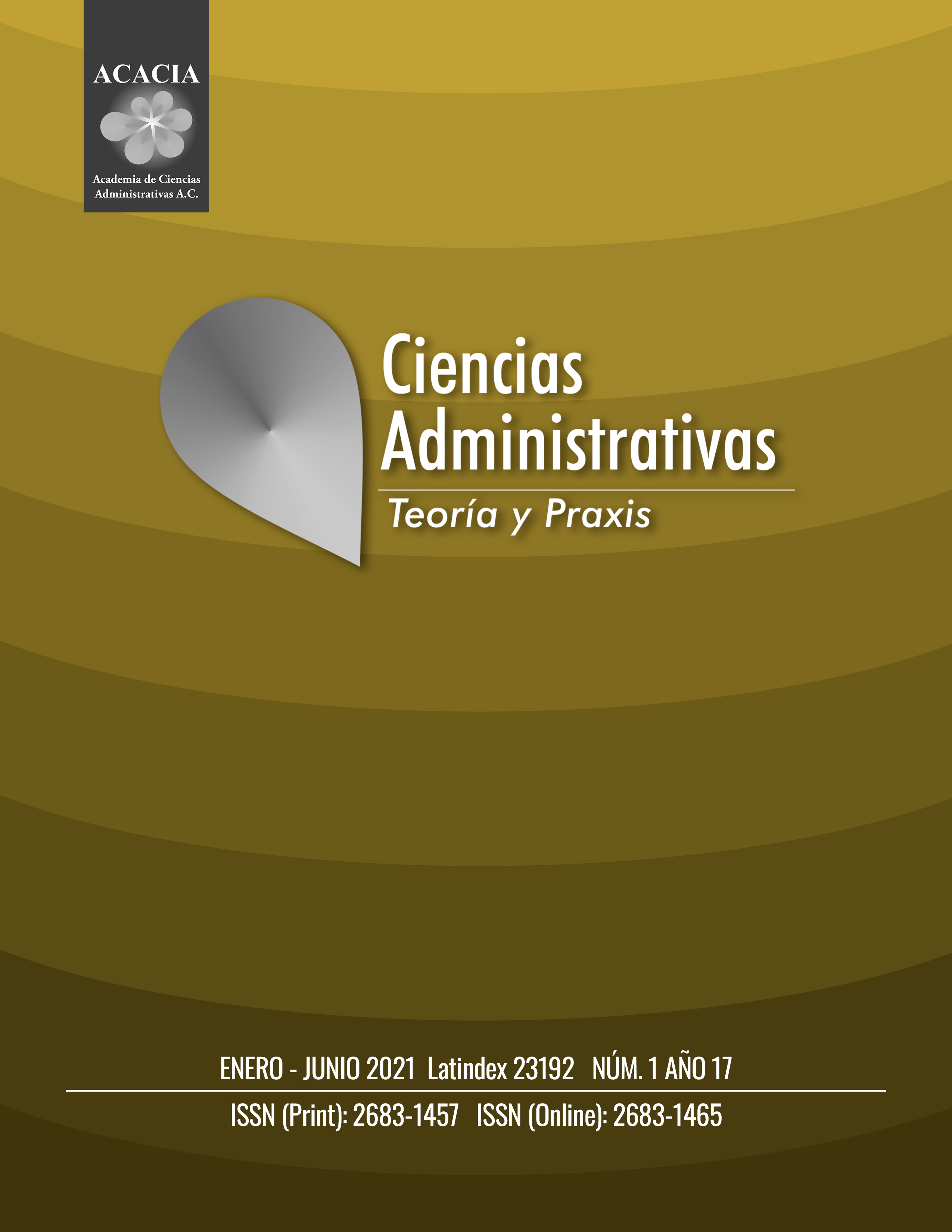Analysis of the National Franchise Program in Mexico: 2006-2012
DOI:
https://doi.org/10.46443/catyp.v17i1.271Keywords:
SME, Franchises, Institutional TheoryAbstract
The objective of this research was to determine the efficiency and effectiveness of the results of the Mexican Business Development Program regarding the support of franchising SMEs, regarding the creation of new companies, their survival, as well as job creation for this sector, in order to establish whether the stated objectives were achieved. A documentary investigation was carried out and data from 8,117 SMEs franchisors in the trade and services sector were analyzed, for the period 2006 to 2012. Among the main findings, the ineffectiveness in achieving objectives with respect to that established in the program was verified, giving as result of only 1% in the opening of franchised points of sale (micro business), as well as 40% in the development of new SME franchisors, with an incipient generation of jobs (1%) as well as, cost inefficiency by supported company and by job creation in addition to opacity, lack of transparency and strong inconsistencies in the data, resulting in areas of opportunity in the implementation and design of the model, given the existence of SME franchisors that, even though they were accredited, failed during the application of this program.
















